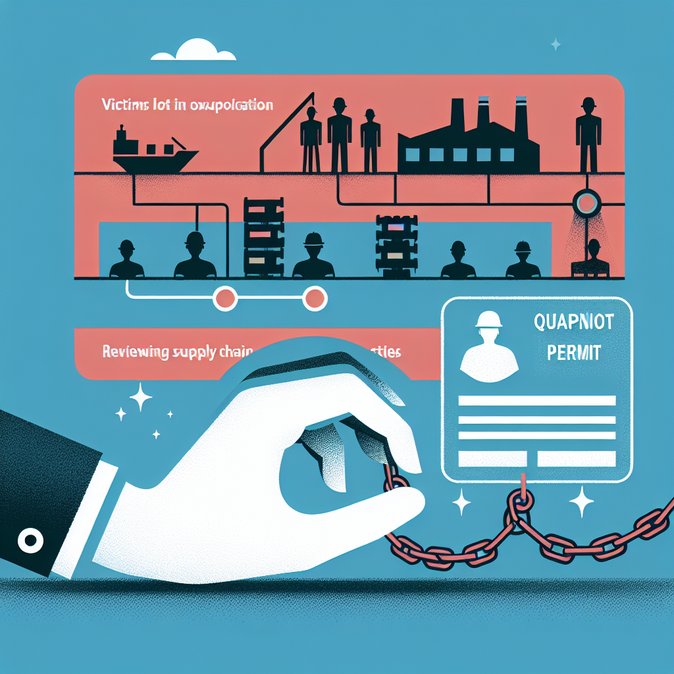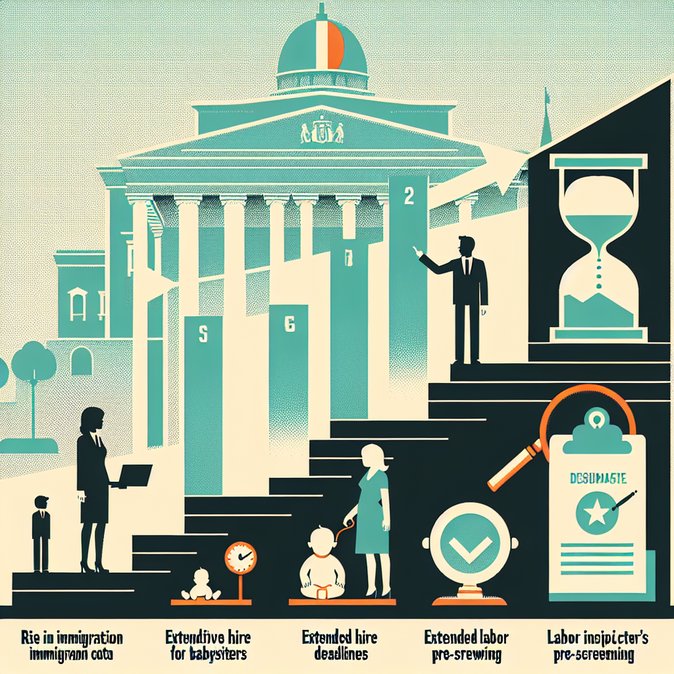
Also published on 20 November, a parallel provision of the Decreto Flussi increases Italy’s legal-migration ceiling by an additional 10,000 places reserved for domestic workers—primarily live-in caregivers, babysitters, and housekeepers—whose roles fall outside the standard annual quotas. The new ‘fuori quota’ channel responds to demographic realities: Italy’s median age now exceeds 48 years, and demand for in-home support is soaring as dual-income households struggle to cover child- and elder-care needs.
Under the rule, families or employment agencies may sponsor non-EU candidates for year-long contracts, provided they guarantee fair wages, private accommodation or a live-in arrangement compliant with national collective-bargaining agreements. Successful applicants will obtain a one-year permesso di soggiorno per lavoro domestico, renewable as long as the employment relationship continues.
![Decreto Flussi Adds 10,000 ‘Out-of-Quota’ Slots for Domestic Caregivers and Babysitters]()
For HR and global-mobility departments, the measure offers a practical solution to support expatriate executives relocating with dependants. Sponsors can file applications through the Interior Ministry’s unified immigration portal, but must first obtain a digital identity (SPID) and complete mandatory online training on fair-work standards. Processing will run on a first-come, first-served basis once the ‘click-day’ opening is announced—likely in mid-February 2026—so companies and private households are advised to pre-compile dossiers now.
Trade unions have welcomed the move but warn that monitoring will be crucial to prevent the channel from becoming a back-door route for under-paid domestic labour. Employers face fines of up to €9,000 per violation if pay slips or working hours do not match declarations submitted during the visa process.
Under the rule, families or employment agencies may sponsor non-EU candidates for year-long contracts, provided they guarantee fair wages, private accommodation or a live-in arrangement compliant with national collective-bargaining agreements. Successful applicants will obtain a one-year permesso di soggiorno per lavoro domestico, renewable as long as the employment relationship continues.

For HR and global-mobility departments, the measure offers a practical solution to support expatriate executives relocating with dependants. Sponsors can file applications through the Interior Ministry’s unified immigration portal, but must first obtain a digital identity (SPID) and complete mandatory online training on fair-work standards. Processing will run on a first-come, first-served basis once the ‘click-day’ opening is announced—likely in mid-February 2026—so companies and private households are advised to pre-compile dossiers now.
Trade unions have welcomed the move but warn that monitoring will be crucial to prevent the channel from becoming a back-door route for under-paid domestic labour. Employers face fines of up to €9,000 per violation if pay slips or working hours do not match declarations submitted during the visa process.
More From Italy
View all
Italy’s New ‘Caporalato’ Residence Permit: Government Approves Six-Month Visa to Protect Exploited Migrant Workers

Flussi Decree Clarifies Rules for Hiring Extra-EU Truck Drivers: CQC No Longer Required Upfront
